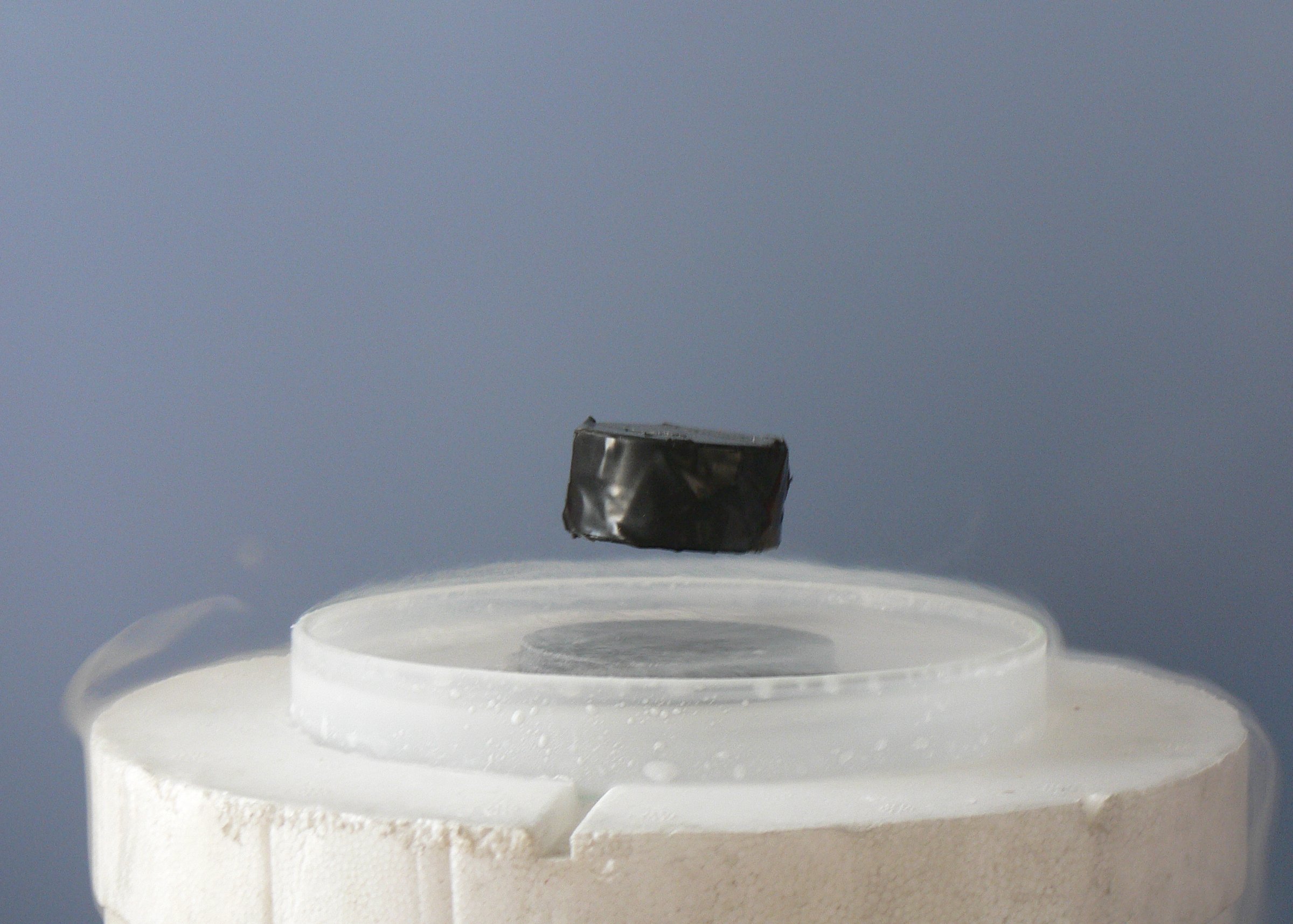
Photo from academic.microsoft.com
A wide range of materials has been considered to repair cranial defects. In the field of cranioplasty, poly(methyl methacrylate) (PMMA)-based bone cements and modifications through the inclusion of copper doped… Click to show full abstract
A wide range of materials has been considered to repair cranial defects. In the field of cranioplasty, poly(methyl methacrylate) (PMMA)-based bone cements and modifications through the inclusion of copper doped tricalcium phosphate (Cu-TCP) particles have been already investigated. On the other hand, aliphatic polyesters such as poly(ε-caprolactone) (PCL) and polylactic acid (PLA) have been frequently investigated to make scaffolds for cranial bone regeneration. Accordingly, the aim of the current research was to design and fabricate customized hybrid devices for the repair of large cranial defects integrating the reverse engineering approach with additive manufacturing, The hybrid device consisted of a 3D additive manufactured polyester porous structures infiltrated with PMMA/Cu-TCP (97.5/2.5 w/w) bone cement. Temperature profiles were first evaluated for 3D hybrid devices (PCL/PMMA, PLA/PMMA, PCL/PMMA/Cu-TCP and PLA/PMMA/Cu-TCP). Peak temperatures recorded for hybrid PCL/PMMA and PCL/PMMA/Cu-TCP were significantly lower than those found for the PLA-based ones. Virtual and physical models of customized devices for large cranial defect were developed to assess the feasibility of the proposed technical solutions. A theoretical analysis was preliminarily performed on the entire head model trying to simulate severe impact conditions for people with the customized hybrid device (PCL/PMMA/Cu-TCP) (i.e., a rigid sphere impacting the implant region of the head). Results from finite element analysis (FEA) provided information on the different components of the model.
Journal Title: Materials
Year Published: 2021
Link to full text (if available)
Share on Social Media: Sign Up to like & get
recommendations!